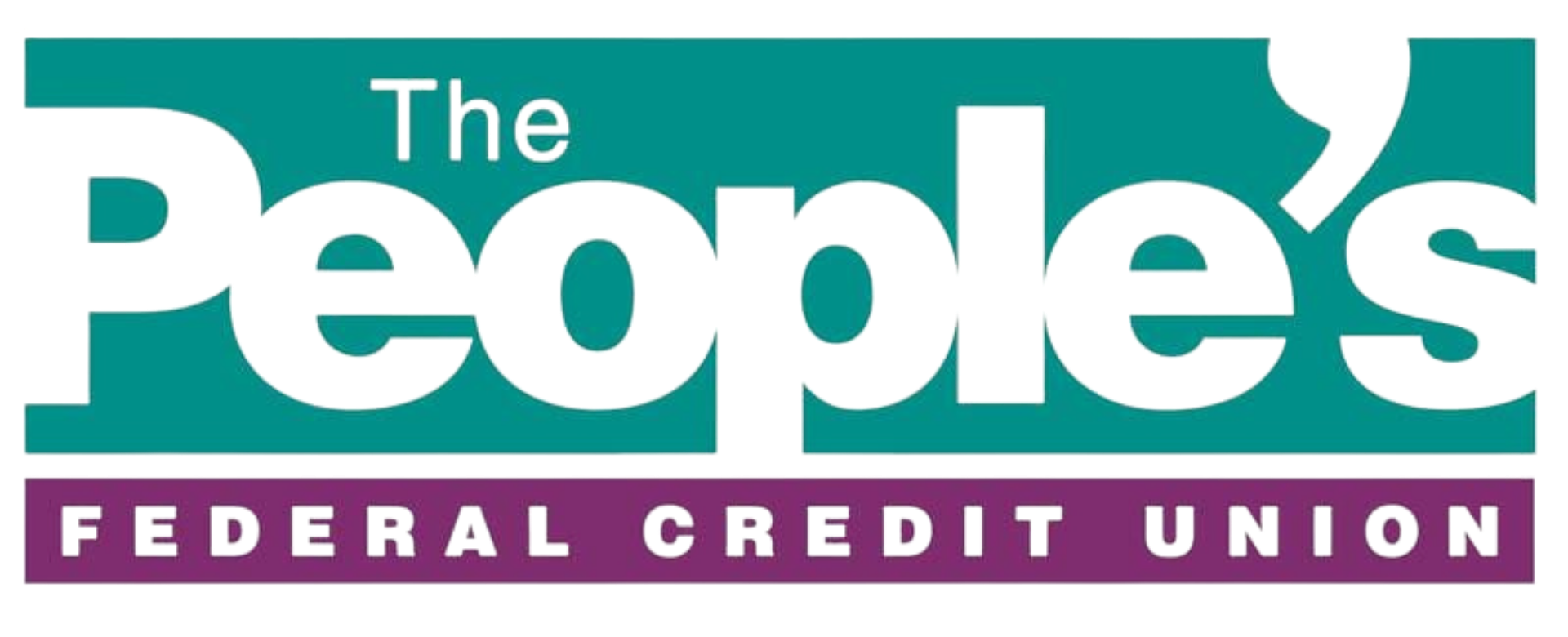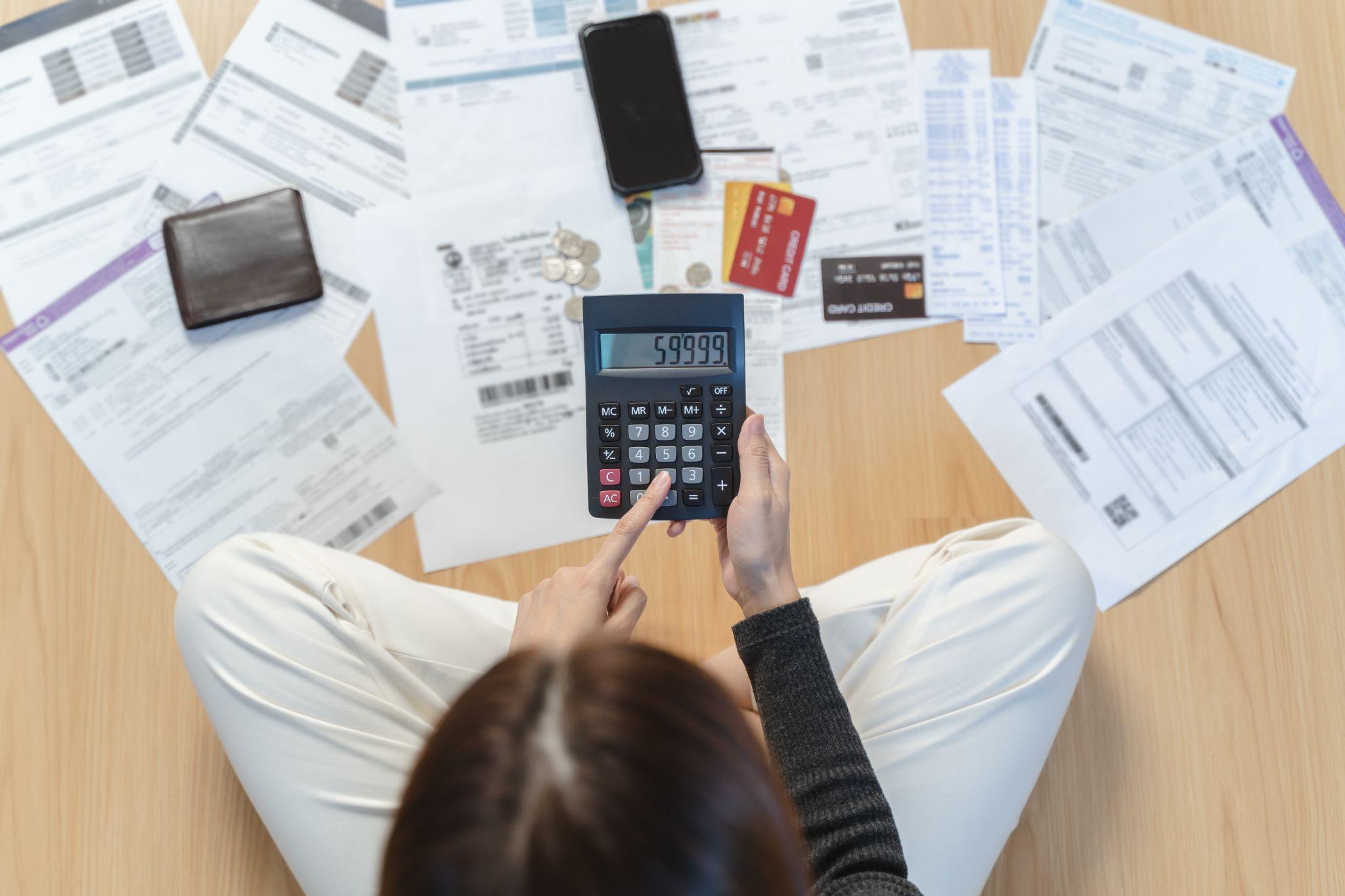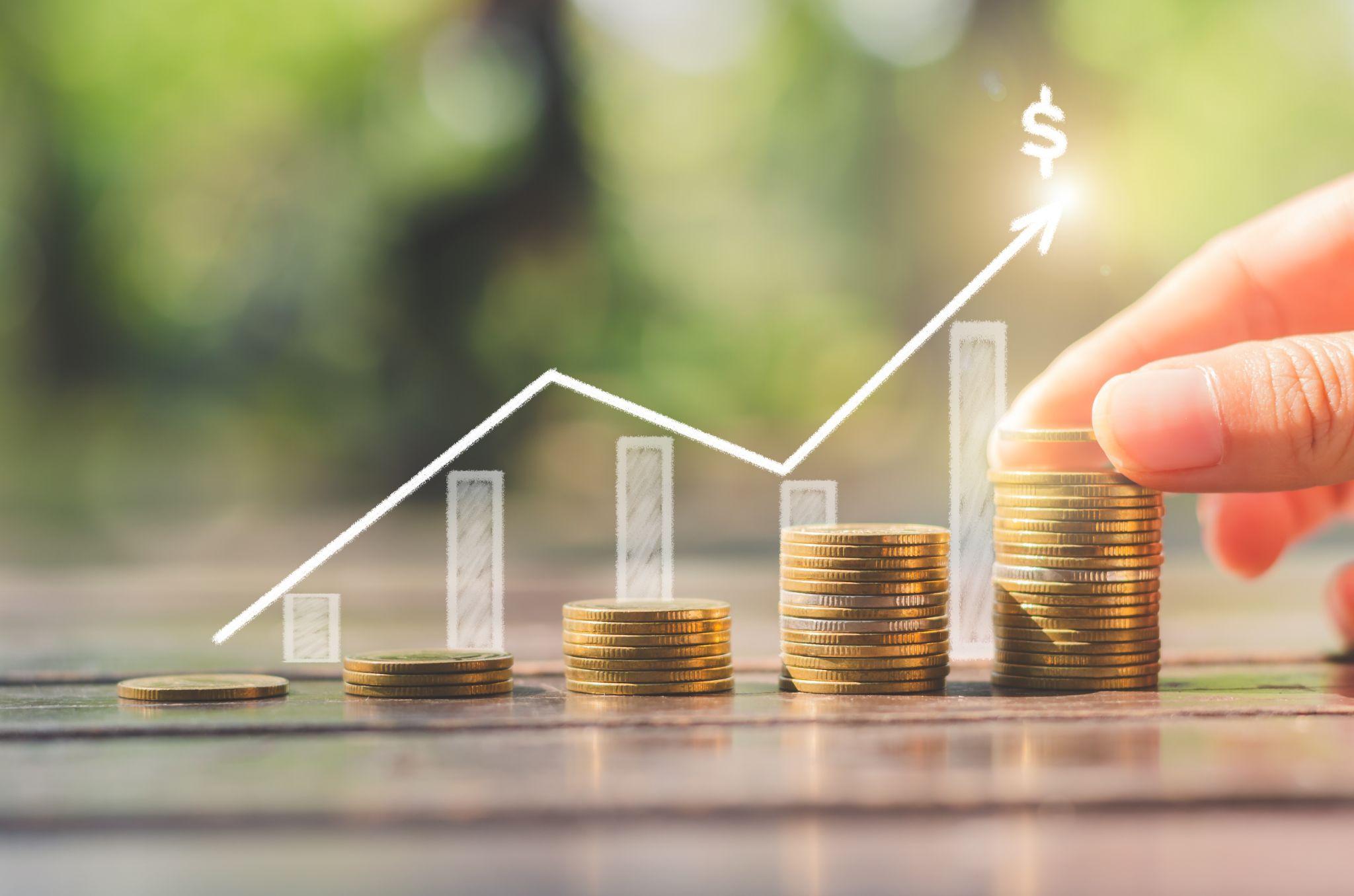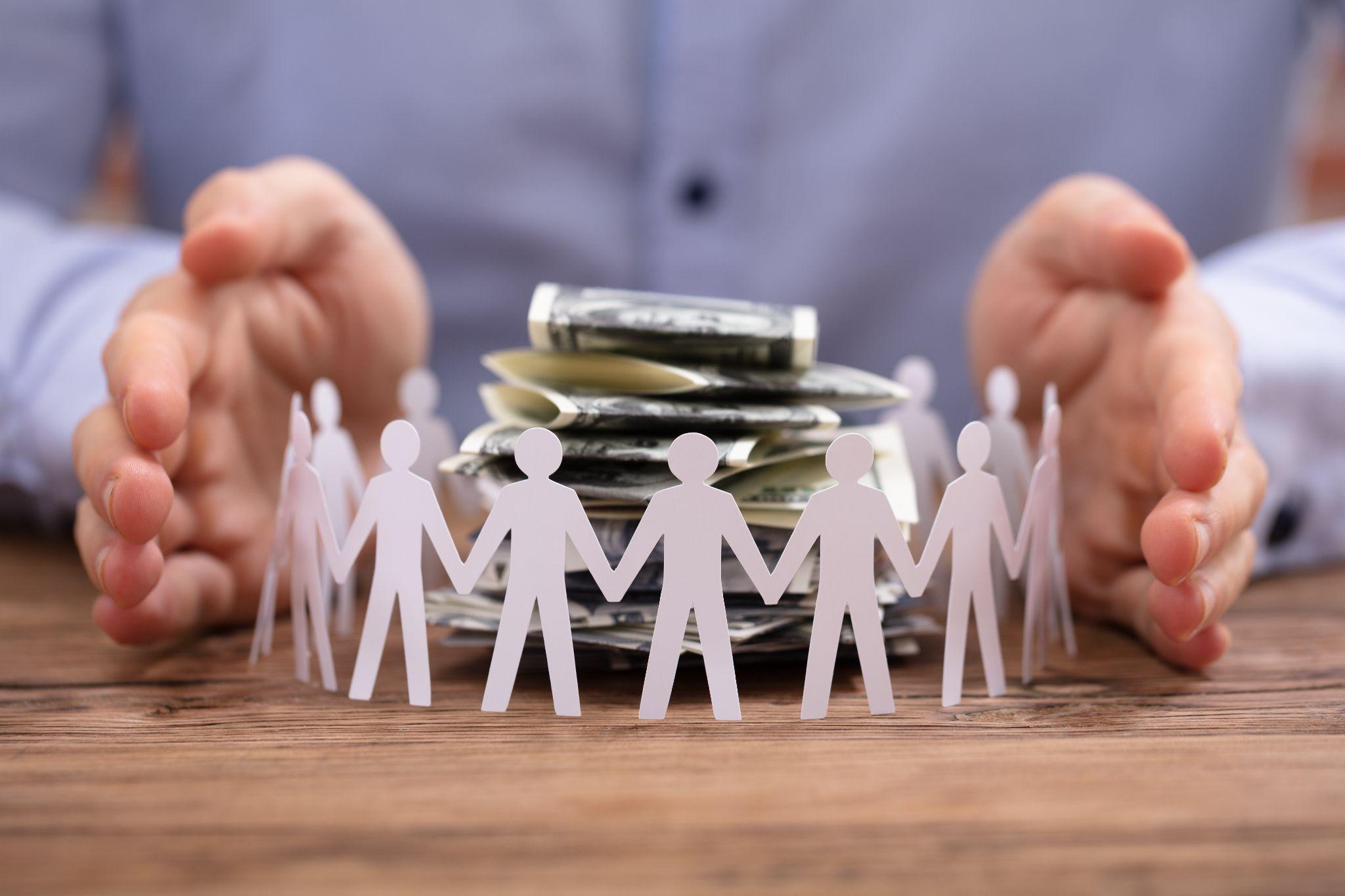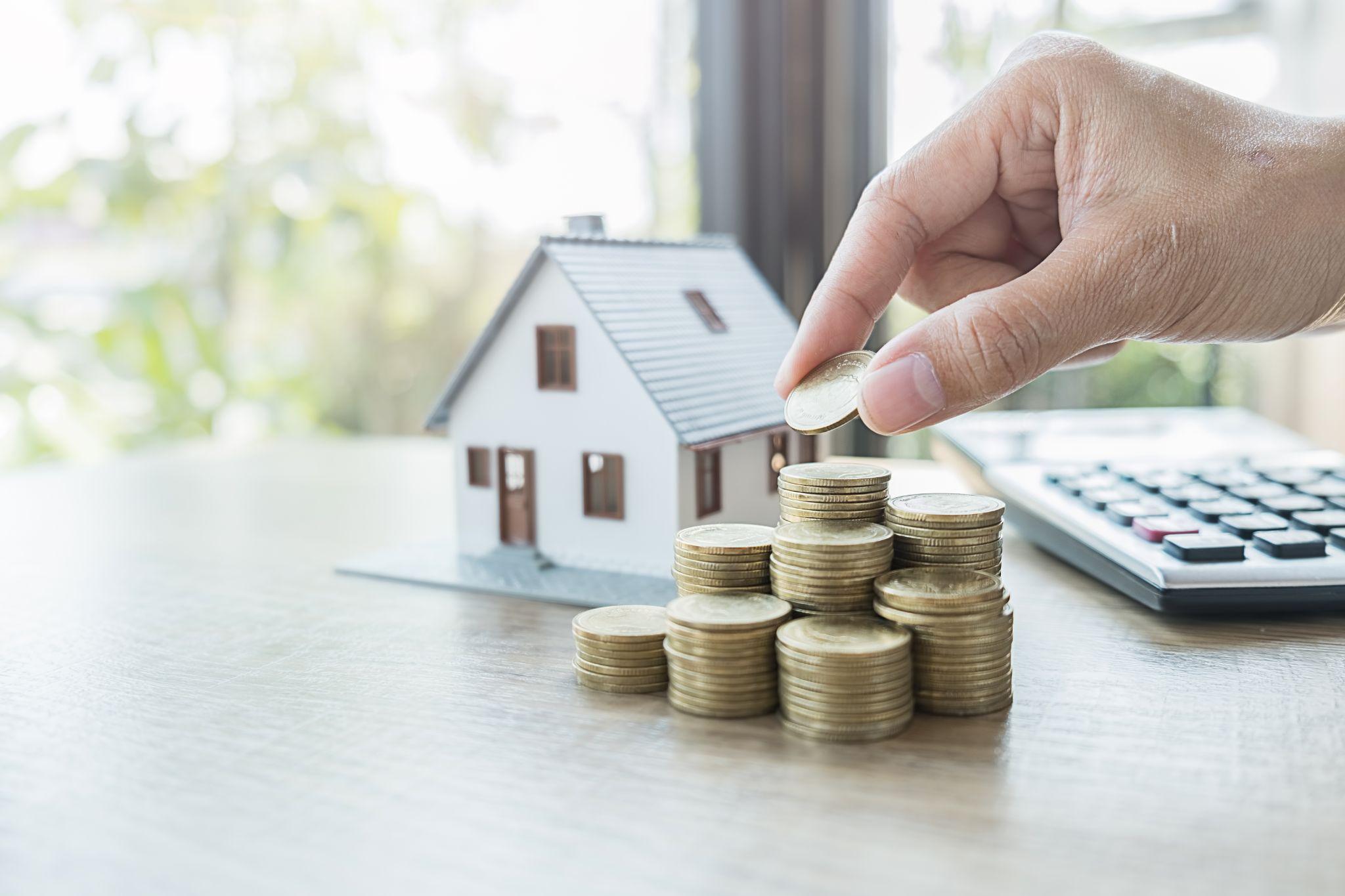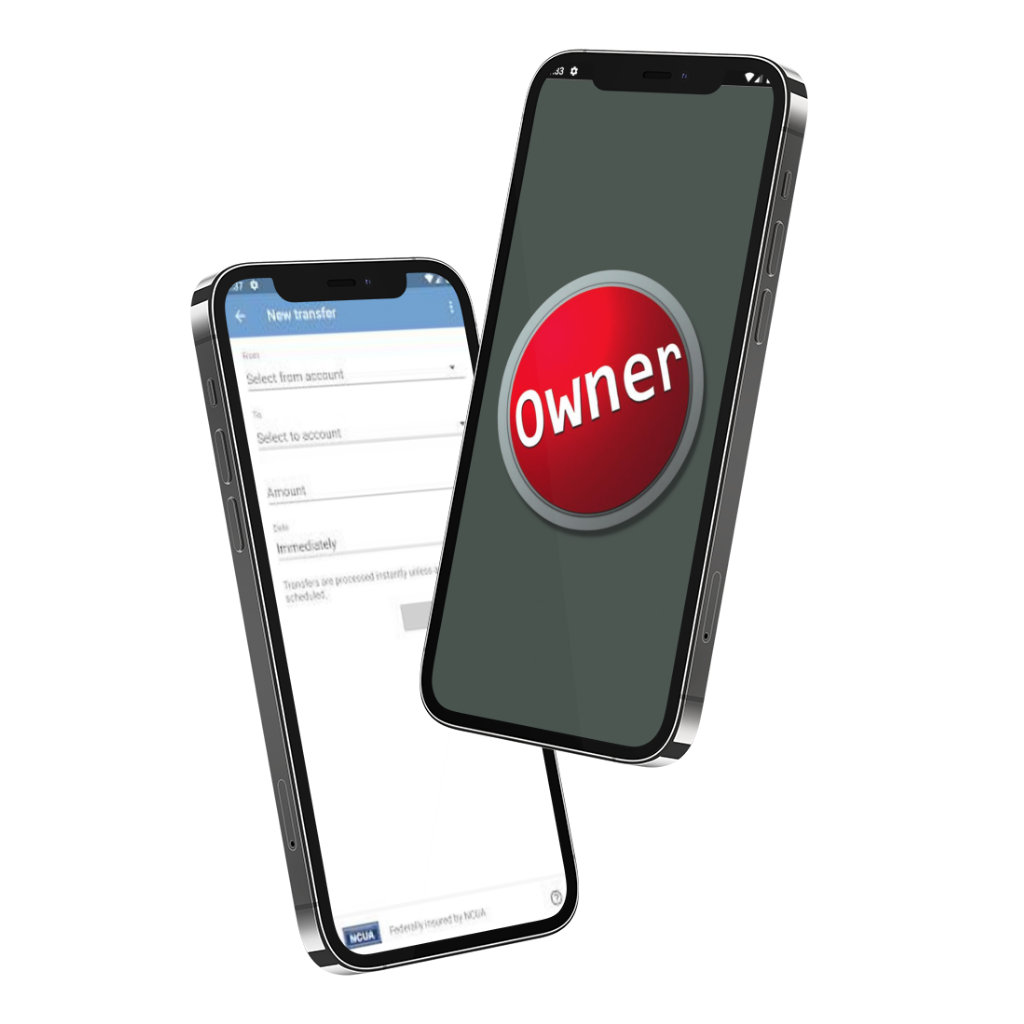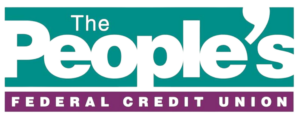Losing your primary source of income can significantly impact your life. In most cases, you’ll need to make changes to your monthly budget and lifestyle so you can keep paying your bills. When you lose your job, how to pay debt when unemployed may be the last thing on your mind. Debt is often the first bill people default on when unemployed.
Once you start missing payments, debt and interest can quickly add up and put you in an even worse financial situation. Learning how to deal with debt while unemployed can help you avoid long-term consequences as you look for another job.
Depending on the circumstances of the job loss, it is worthwhile to see if you qualify for unemployment. While unemployment payments are typically a fraction of what you were earning, they can help get you through this rough patch until you find another job.
It is also beneficial to apply for SNAP (Supplement Nutrition Assistance Program). If you qualify, this will help offset your grocery expenses.
In addition to applying for these programs, here are some other useful tips and suggestions on how to pay off debt if you become unemployed:
1. Create a New Budget
You need to sit down and review your current loans, credit card payments, and other expenses. Your objective should be to look for anything you can do without, for the time being, or expenses you can scale down. Some examples are moving to a lower cell phone plan, canceling cable TV service, canceling monthly subscription plans, and so on.
2. Shop Sales Ads and Use Coupons
You can reduce grocery and personal care item expenses by only buying what is on sale and using coupons. Simply searching online for specials or discount vouchers on products you usually buy can help you maintain your lifestyle and afford to pay for debt at the same time.
3. Do Not Take Out New Lines of Credit
It can be tempting to apply for new credit card debt and other lines of credit to use until you go back to work. However, this is not a good idea, as you will be running up more debt with monthly payments.
If you are struggling to keep up with multiple debt payments per month, or debt at different interest rates, talk to your financial institution or a nonprofit credit counseling agency about taking out a debt consolidation loan. Keep in mind that taking out this type of new debt is risky, and you need to carefully weigh the benefits and how you plan on paying it in the long run.
4. Attempt to Reduce Monthly Debt Payments
If you have been paying extra on your credit cards and other debts, scale these back to the minimum required payments. This will free up some cash you can use toward other bills. If you can, try to pay off any small debts in full so you can reduce the number of payments you need to make every month, and avoid paying further interest on them in the process.
5. Contact Lenders and Financial Institutions to Discuss Available Options

Don’t wait until you’ve missed two or three payments on your credit card or loans. Instead, contact your credit card companies and other lenders immediately after becoming unemployed to see if they offer any hardship programs that could reduce or alter repayment terms or temporarily suspend payments. Many creditors offer debt management plans and guidance to help you stay up to date on your repayments.
6. Refinance or Get a Loan Modification on Your Mortgage
If you have a mortgage, you may want to consider talking to your lender about getting it refinanced to lower your payment or what other loan modification options they offer.
7. Apply for a Hardship Forbearance or Deferment for Federal Student Loans
If you have student loans, the federal government offers different unemployment forbearance and deferment options. It is essential to apply as soon as you become unemployed.
8. Take Advantage of All Your Unemployment Benefits
Often, the shock of losing your job can make you forget or overlook the resources already available to help you keep up with your debt. Your state’s federal unemployment insurance program should be one of the first options you apply for.
Building on this, you can go on to apply for reductions, assistance, Medicaid, and many other public programs, including those offered by:
- Church and charity groups
- The U.S. Department of Health and Human Services; more than 300 grant programs to help with hospital bills and medical costs
- Low-Income Home Energy Assistance Program; assists with heating and utility costs
By leaning on these government and private programs, you can free up cash to keep up with other debts.
9. Use Your Emergency Savings Fund
If you have set aside money for a “rainy day,” unemployment is one reason to tap into it, although you should still use the other tips and suggestions. Doing so could reduce how much of your emergency savings fund you have to use while unemployed.
10. File for Bankruptcy
Should your debt become insurmountable, and your employment prospects slim, a last resort choice may be to file for bankruptcy. Should you be declared bankrupt, your debt may be cleared, reduced, or restructured into a multi-year repayment plan. Claiming bankruptcy can bring a lot of relief if you are drowning in your debt despite your best efforts.
However, bankruptcy will change your credit score and negatively impact your credit history in a powerful, long-lasting way. So only consider bankruptcy after you’ve exhausted all your existing options.
What Happens if You Default on Credit Card Bills and Loans?
Defaulting on debt, or even missing two or three payments, can harm your credit score. However, poor credit reporting isn’t the only thing you need to worry about if you can’t keep up with your debts.
The consequences of skipping payments vary according to the type of debt:
- Credit card debt – If you fail to make the minimum monthly payments required by your credit card issuers, you will likely be charged a percentage of the amount in late fees, or even have the company raise the interest on your unpaid balance.
- Unsecured personal loans – Although unsecured personal loans minimize what your lender can take from you if you stop paying them, missing payments can have a powerful effect on your credit score, lead to legal action from the lender, and a slew of penalty fees.
- Home equity loans – Repossession is often the ultimate consequence of defaulting on your loan payments or missing too many payments after each other. This is why taking a home equity loan or line of credit when you are in debt is particularly risky, even if it can help you settle your other debts quickly.

At The People’s Federal Credit Union, we are here for you through all of life’s challenges, even when you are unemployed. We can help you set up an emergency fund, navigate the challenges of unemployment confidently, and offer you the assistance you need should you choose to consolidate your debt.
Our savings accounts also offer some of the best interest rates around, so you can rest assured you’re getting the most out of the money you save with us. Whether you are currently unemployed, or simply exploring your options so you’re prepared for the worst, don’t hesitate to reach out to us at 806-359-8571. Our team is ready to provide you with any information you may need about the options available to you, and how we can help.
